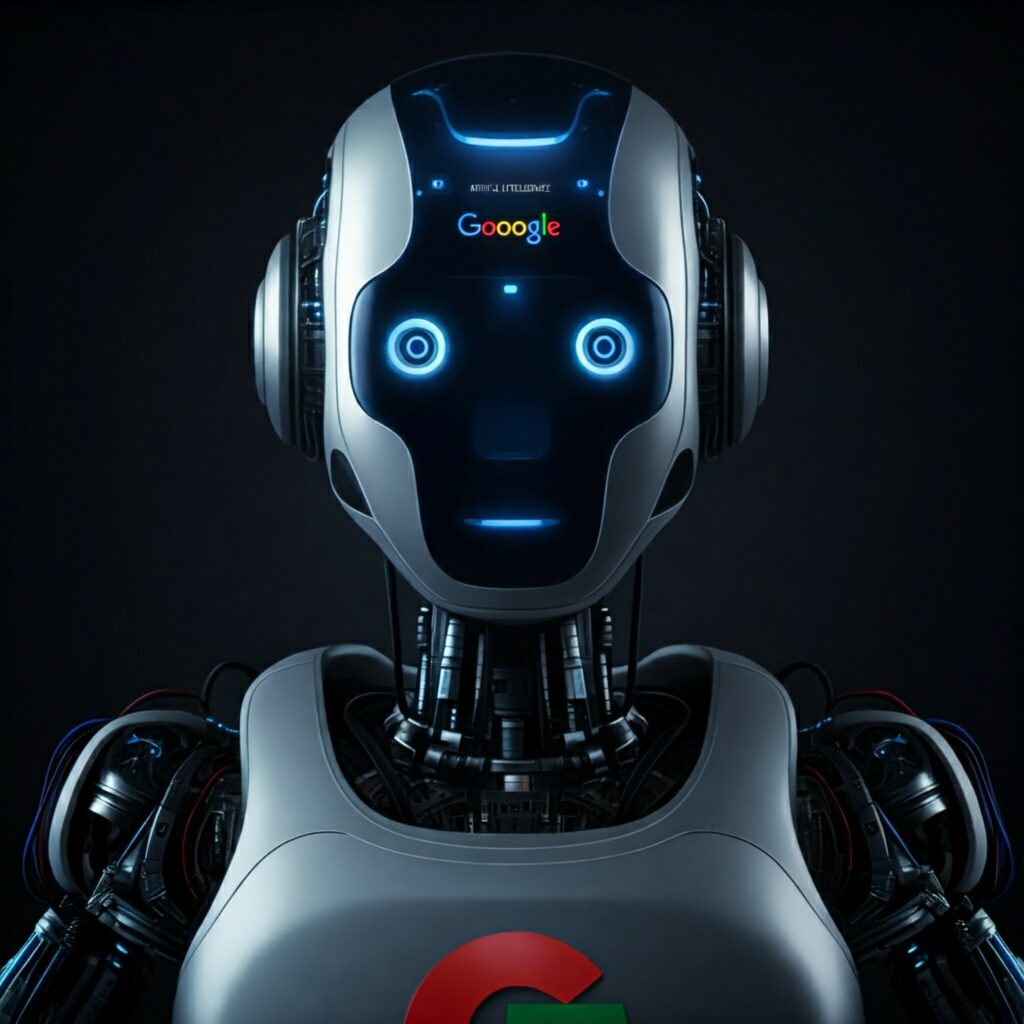OpenAI’s “Plot” to Replace Coders, PhDs, and Experts for $20,000 per Month?
In recent months, OpenAI has taken the tech world by storm with its cutting-edge AI models, promising to revolutionize industries and redefine the way businesses operate. However, beneath the excitement, there’s a growing concern: Is OpenAI quietly working to replace high-paying professionals such as software developers, PhDs, and specialized experts with AI-powered alternatives charging just $20,000 per month?
The Rise of AI-Driven Expertise
AI tools like GPT-4, Code Interpreter, and AI agents have been evolving at breakneck speed, performing tasks that once required years of education and experience. From writing code and conducting advanced research to analyzing complex financial models, AI is making significant inroads into domains traditionally dominated by human experts.
- Automating Software Development: AI can now generate, debug, and optimize code in multiple programming languages.
- Research and Analysis: AI is capable of sifting through massive datasets, summarizing findings, and even proposing new theories.
- Consulting and Decision-Making: AI-powered agents are offering business strategy advice and optimizing operations with minimal human intervention.
The $20,000 Per Month AI “Employee”
Reports indicate that OpenAI is offering AI-powered enterprise solutions priced at $20,000 per month, a fraction of what companies would pay for a team of highly skilled professionals. These AI agents are not just supporting experts; they are replacing them in certain scenarios. This shift raises critical questions:
- What happens to software developers when AI can build applications with minimal oversight?
- Will PhDs and domain experts be overshadowed by AI models trained on global knowledge databases?
- Is OpenAI accelerating the replacement of highly paid roles with scalable AI models?
The Bigger Picture: Efficiency or Job Displacement?
While AI undoubtedly increases efficiency, scalability, and cost savings, it also disrupts traditional job markets. OpenAI’s vision of AI augmenting human intelligence is now evolving into something much more transformative—perhaps even replacing knowledge workers altogether.
What Can Professionals Do?
- Embrace AI as a tool rather than resisting it.
- Develop AI literacy to stay ahead of automation trends.
- Leverage AI for higher-value tasks that require human intuition and creativity.
- Shift towards AI strategy and oversight roles that AI cannot easily replicate.
Final Thoughts
OpenAI’s latest AI solutions may signal a paradigm shift in the workforce, where highly paid professionals must adapt or risk being outpaced by machines. Whether this is a revolution or a silent takeover, one thing is clear: AI is no longer just a supporting tool—it’s becoming the competition.
What do you think? Is OpenAI democratizing expertise, or is it quietly replacing the world’s top talent? Let’s discuss in the comments below!

